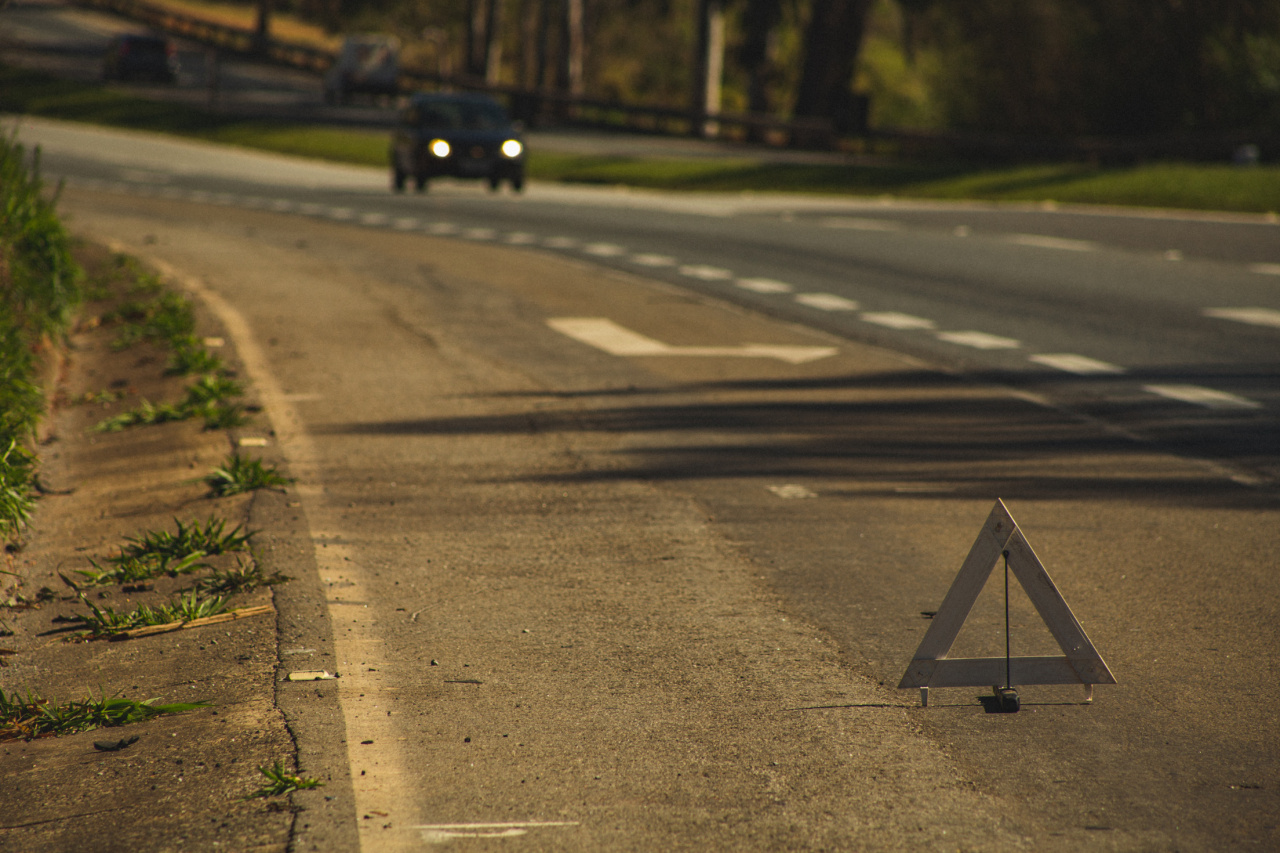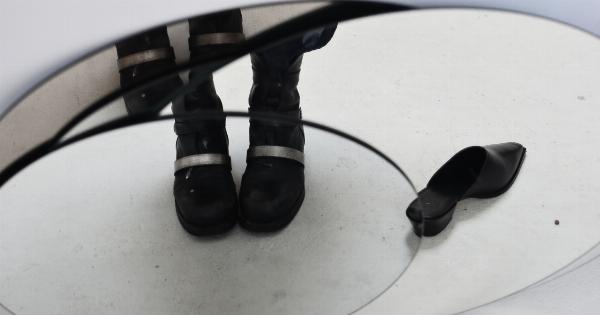B12 is a critical nutrient that supports the function of your brain, nerves, and blood cells. However, many people are deficient in B12, which can lead to a range of health problems.
While there are various symptoms of B12 deficiency, your feet can actually give you clues to what’s going on inside your body. Read on to learn about the three marks that indicate B12 deficiency and what you can do about it.
Marks on Your Feet That Point to B12 Deficiency
1. Pale or Yellow Skin
One of the most common signs of B12 deficiency is that your skin becomes pale or yellowish. This is because B12 plays a crucial role in creating healthy blood cells in your body.
Without enough B12, your body can’t produce enough red blood cells that carry oxygen to your organs and tissues. As a result, your skin may appear paler or have a yellowish tint.
In particular, you may notice that the skin on your feet looks paler than usual, especially on the soles. You might also notice that your nail beds turn white or that your toenails become brittle or thin.
These changes in your skin and nails indicate that you need more B12 in your diet. You may also feel tired or weak, since your organs aren’t getting enough oxygen and nutrients to function properly.
2. Numbness or Tingling in Your Feet
B12 helps to maintain the health of your nervous system, which includes your brain, spinal cord, and nerves that run through your body.
When you don’t get enough B12, your nerves can become damaged or inflamed, leading to a condition called neuropathy. This can cause tingling, numbness, or a burning sensation in your feet, toes, and other parts of your body.
The tingling or numbness may feel like pins and needles, or like a cold, prickly feeling. You may also have trouble walking or maintaining your balance.
Neuropathy can be a serious condition, so it’s important to see a doctor if you notice these symptoms. In some cases, B12 injections or supplements can help improve the function of your nerves and reduce your symptoms.
3. Cracks or Sores at the Corners of Your Mouth
Another sign of B12 deficiency is having cracks or sores at the corners of your mouth. These cracks, which are known as angular stomatitis, can be painful, red, or swollen.
They may also bleed or ooze fluid, making it difficult to eat, drink, or talk without discomfort. B12 deficiency can also cause other oral health problems, such as tongue inflammation or gum disease.
The reason that B12 deficiency can affect your oral health is that it plays a role in maintaining healthy skin and mucous membranes. This includes the skin around your mouth, which can become dry, cracked, or inflamed without enough B12.
In addition to seeing a doctor for B12 supplements or injections, it’s important to keep your mouth clean and hydrated by drinking plenty of fluids and brushing your teeth twice a day.
How to Increase Your B12 Intake
If you’re experiencing any of these marks on your feet, it’s wise to get your B12 levels checked as soon as possible.
Your doctor can perform a blood test that measures the amount of B12 in your body and determine if you need supplements or injections. In the meantime, there are several ways to increase your daily intake of B12:.
1. Eat Foods Rich in B12
The most natural way to get more B12 is to eat foods that are rich in this nutrient. Some of the best sources of B12 include:.
- Meat: beef, pork, lamb, and chicken
- Seafood: salmon, tuna, sardines, and clams
- Dairy: milk, yogurt, and cheese
- Eggs: especially the yolk
- Nutritional yeast: a type of deactivated yeast that can be sprinkled on foods like popcorn or pasta
If you’re a vegetarian or vegan, you may need to take supplements to get enough B12 in your diet, since plant-based foods don’t contain this nutrient naturally.
2. Take B12 Supplements
If you’re not getting enough B12 from your diet, your doctor may recommend taking supplements in the form of pills, capsules, or liquid drops.
B12 supplements come in different doses and forms, so it’s important to follow your doctor’s instructions carefully. In general, it’s safe to take B12 supplements and there are few side effects.
3. Get B12 Injections
In more severe cases of B12 deficiency, your doctor may recommend getting injections of B12 directly into your muscle or under your skin. This can help boost your B12 levels quickly and effectively, especially if you have neurological symptoms.
Your doctor will determine the frequency and dose of your injections based on your individual needs.
Conclusion
By paying attention to the marks on your feet, you can get insights into your B12 levels and overall health.
If you notice pale or yellowish skin, numbness or tingling, or cracks at the corners of your mouth, it’s important to get your B12 levels checked by a doctor. With the right treatment and care, you can prevent serious health problems and feel your best.





























